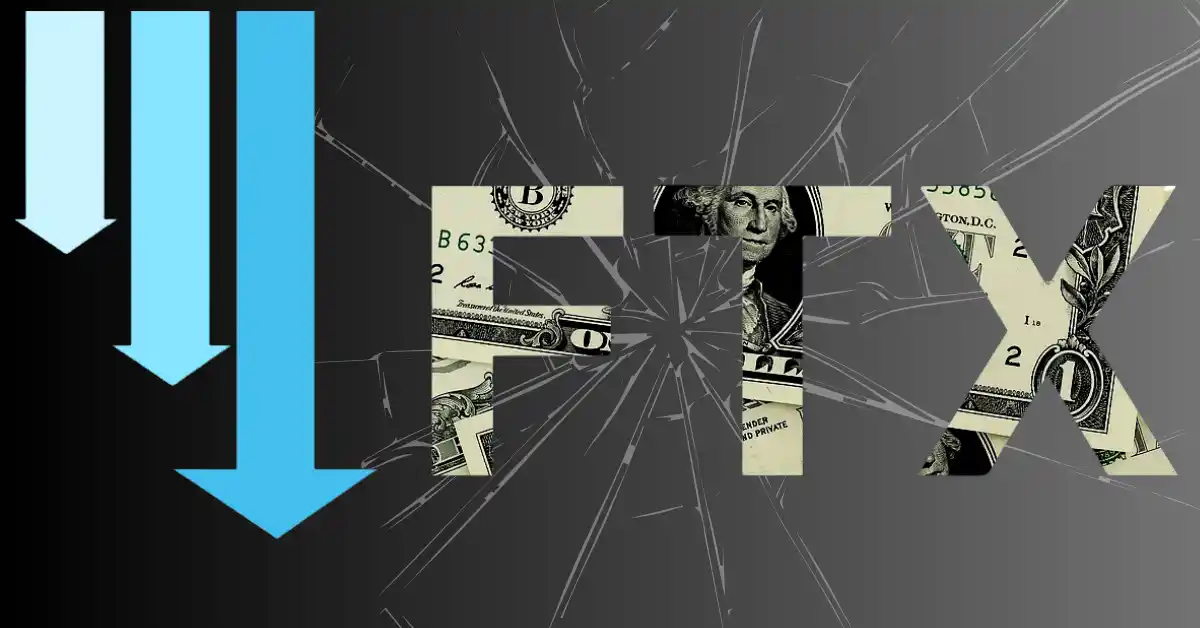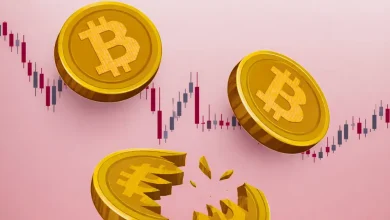
FTX Recovery Trust plans to block creditor payouts in 49 countries, including China and Russia.
Claims may be forfeited if legal clearance isn't granted and no objections are filed.
China holds 82% of the affected claim value, with a court hearing set for July 22.
If you’re an FTX creditor living in places like China, Russia, or Pakistan, your claim might be at risk. The Trust is tightening its process, and for thousands of people, that could mean delayed payouts – or losing everything.
So what’s behind this sudden freeze? Which countries are on the list? And can affected creditors do anything about it? Let’s break it down.
FTX Locks Claims in ‘Restricted’ Regions
FTX Recovery Trust has filed a new proposal that could stop creditor payouts in 49 countries, including China, Russia, Ukraine, Pakistan, and Saudi Arabia.
If approved, the Trust will freeze distributions in these regions while it checks if payouts are legally allowed. And if they aren’t? Creditors could lose their claims entirely.
These 49 regions are now being considered “Restricted Foreign Jurisdictions.” The trust says it needs to assess whether sending money to these places breaks any local laws. If it does, those payouts won’t happen.
China Hit the Hardest
Out of all affected countries, China is by far the most impacted. According to the filing, 82% of the claim value from restricted regions is tied to Chinese creditors.
That has already sparked backlash online. One Chinese user on X, @zhetengji, wrote: “I will definitely take action and will raise objections at every stage. We can’t just sit and wait – this is absolutely unreasonable.”
Claims Could Be Forfeited if No Objection Is Filed
Here’s how it works: If legal checks show that payouts can’t happen, the Trust will ask the court to mark that country as restricted. Creditors will then have 45 days to object.
If no one objects, or if the court overrules the objections, the claims are marked as disputed and the money goes back to the FTX estate.
“Distributions that cannot be made due to the illegality of doing so… shall revest in the FTX Recovery Trust,” the filing states.
The plan is to hire local lawyers in each region to figure out what’s legally possible.
Court Hearing Set for July 22
A court will review the proposal on July 22. If approved, the Trust will move forward: sending notices, reviewing objections, and beginning the redistribution process.
This new legal step adds another layer of delay for creditors especially those outside the supported regions.
Last month, the Trust added Payoneer as its third official distributor, helping expand reach to 93 jurisdictions. Still, many users say they’ve been left out, despite the updates.
The Recovery is Far From Over
FTX’s collapse has triggered one of the most complex crypto recoveries the industry has seen. And this latest freeze only highlights how tough it is to untangle claims across so many legal systems.
For thousands of creditors in restricted regions, the risk is real: if local laws block payouts, and no one speaks up, their chance of recovery may be gone for good.
Never Miss a Beat in the Crypto World!
Stay ahead with breaking news, expert analysis, and real-time updates on the latest trends in Bitcoin, altcoins, DeFi, NFTs, and more.
FAQs
FTX, once a major cryptocurrency exchange, collapsed in November 2022 due to widespread fraud. Its founder, Sam Bankman-Fried, was convicted of stealing billions in customer funds and misusing them to cover losses at his affiliated trading firm, Alameda Research. This led to a “bank run” by customers who couldn’t withdraw their assets, ultimately forcing FTX into Chapter 11 bankruptcy.
The FTX Recovery Trust has frozen creditor payouts in 49 jurisdictions due to local laws restricting or banning crypto activity. They require legal confirmation that distributions won’t violate these local regulations before releasing funds, to avoid future legal complications.
Trust with CoinPedia:
CoinPedia has been delivering accurate and timely cryptocurrency and blockchain updates since 2017. All content is created by our expert panel of analysts and journalists, following strict Editorial Guidelines based on E-E-A-T (Experience, Expertise, Authoritativeness, Trustworthiness). Every article is fact-checked against reputable sources to ensure accuracy, transparency, and reliability. Our review policy guarantees unbiased evaluations when recommending exchanges, platforms, or tools. We strive to provide timely updates about everything crypto & blockchain, right from startups to industry majors.
Investment Disclaimer:
All opinions and insights shared represent the author's own views on current market conditions. Please do your own research before making investment decisions. Neither the writer nor the publication assumes responsibility for your financial choices.
Sponsored and Advertisements:
Sponsored content and affiliate links may appear on our site. Advertisements are marked clearly, and our editorial content remains entirely independent from our ad partners.






